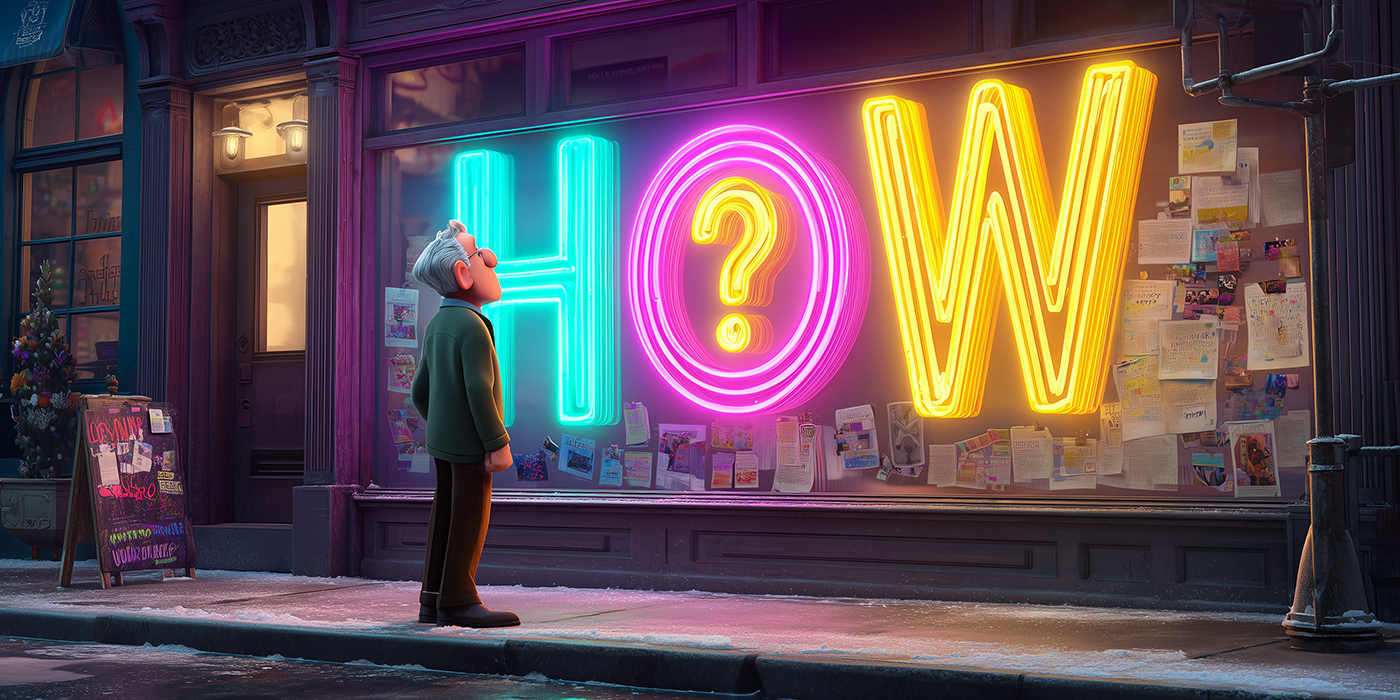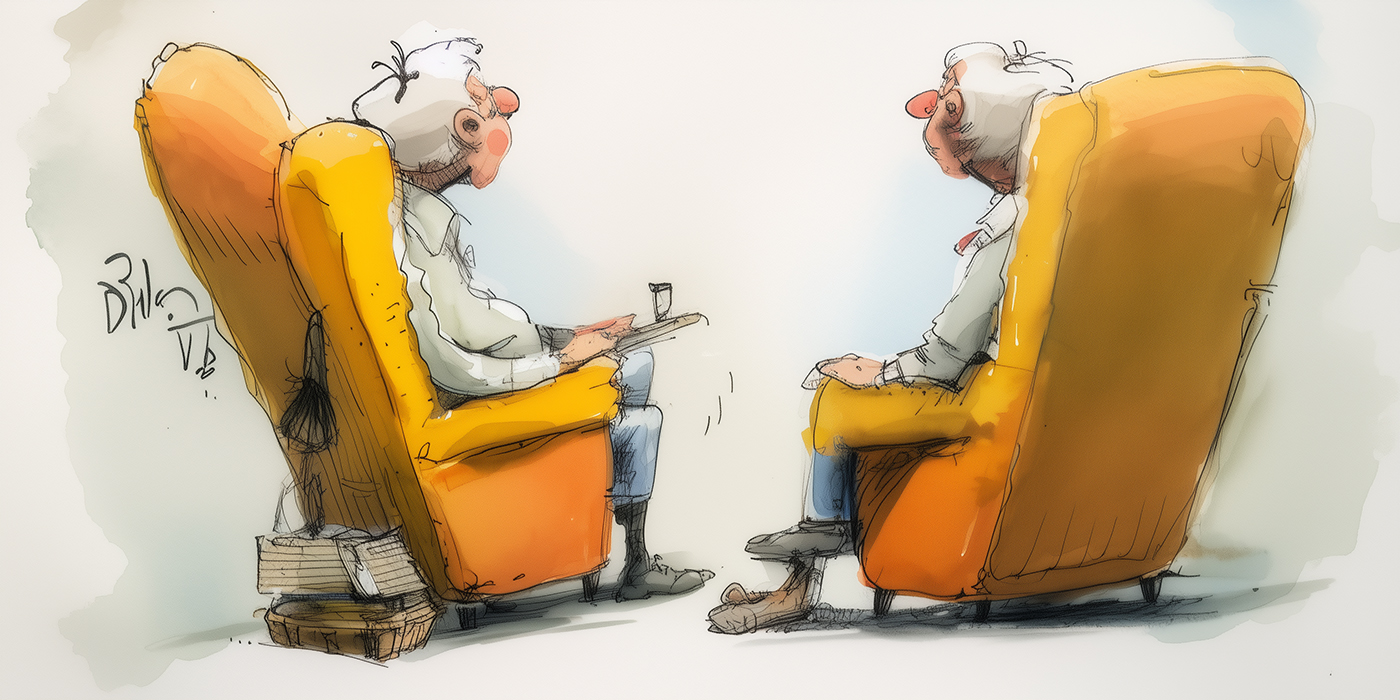I’m battling a disease that is much greater than I am, and which needs no rest. My disease is focused on driving a wedge between me and everything I hold dear. It is intent on killing me. It knows that by isolating me it can make me believe its lies—but as long as I have others to talk with, I can keep my addiction at bay. The disease is more cunning, baffling, and powerful than I am. If I am left to my own accord, it will overtake me. It may take a month or a year, or maybe only days—but eventually, without help, I will be trapped again in the disease. No matter how much sobriety I have, or how long I have been in SA, my sanity depends on working with others.
Communication is a vital element in the combat of the disease. When we hold hands in a circle and pray together we are pledging our faith and love to each other. Faith that if we apply the tools of the program, we won’t have to hurt forever; that if we work this program to the best of our abilities, we will get better—just like those who have gone before us.
Love is the enemy of this isolating disease. Love that is given freely, expecting nothing in return. This is the love we felt at first from others who did not know us. They loved us and made us feel comfortable when we were hurting.
When we sit in a circle and talk about what it was like, what happened, and what it’s like now, we are passing on a tradition as old as humankind. Cave dwellers sat in circles around a fire and talked about how to survive in a wild world. We are doing the same thing. We each go out and live our lives, then we meet again to talk about what we’ve learned.
None of us is as smart as all of us. When we openly communicate about the things in our heads we share common experiences. I can remember my first meetings. I was blessed that many members with long-term sobriety spoke openly about their thought processes. I would think, “Hey, that’s me! I’ve had those same thoughts. I know exactly what this person is talking about.” The more I listened, the more I learned. I’m grateful today that I had the opportunity to learn from old-timers who shared. Their willingness contributed to my getting sober and staying sober.
When I first came to meetings, I said very little. I knew my thinking was tainted, and that I needed to find a new way to think. I had never had a God-focused life and needed instruction on how to obtain that lifestyle. I listened, then listened some more. I’m not much on reading; I’m more auditory and visual. I have trouble reading “how to” books, but if I can see your face, feel your spirit, and watch you as I listen, then I have a good chance of understanding what you are saying.
I wonder sometimes, now that I’m one of the old-timers, whether I’m capable of giving back to the group what I received as a newcomer. I’m not as well-spoken as others in the program. But I also know that I am what I am, and as part of a group, I do not have to carry the whole meeting. Me added to any one of you makes “us” smarter than me!
Recovery today is more than sexual sobriety. Recovery includes relationships with my Higher Power, my spouse, my children, my coworkers, and everyone with whom I come in contact. My recovery is God-centered. I pray before each meal, pray when I’m starting to get angry, and pray when I’m happy. I pray often. Recovery is a lifestyle that incorporates every fabric of my being. People don’t say “Hey that’s Paul, he’s sober.” They say, “Hey that’s Paul, he’s a pretty cool dude. He’s in recovery and God has changed his life.”
The power of the group is magnificent. We learn early on in recovery that it’s meetings, meetings, meetings. It’s important that we listen to shares from all members. Those who are new remind us of what it was like before, and that truly helps their recovery and ours. Old-timers need to share about what has worked.
At one time, I had completely given myself over to this disease. My wife left me and I had a four-bedroom house full of stuff. I was so overwhelmed that I could not do anything. I was paralyzed. I had a small inheritance so I did not have to work, and there was no work to be had in the small community where I lived. The disease had me where it wanted me. The shades were drawn tight and the rooms were dark. There was nothing in the refrigerator. The grass outside was knee high. I sat inside and stayed on the computer for days at a time. No one came over, no one called. I was alone and slowly falling apart.
I was lost inside myself. I had no moral compass. I was drinking heavily, I was smoking pot every day. I masturbated constantly and was consumed by my hunger for sex. There was almost no room left for me because the disease had all of me.
I believe God allowed me to experience that bleakness so that when I finally got the chance to leave I would know I was not leaving anything I wanted. God’s grace prevented me from experiencing the full consequences of my disease, and He kept a speck of me alive. He took that one speck left and put people in my life who could help me.
Because I was willing, I could receive the words. When I was ready, I came to meetings. God used the group to talk to me. Never have I been to a meeting where I walked away and thought I had wasted my time. Every meeting I have attended has spoken to me in some way.
We may think that we have little to share. We may think we are unworthy of an audience with this esteemed group of sexaholics. I heard someone compare a meeting to a large fire. Individually, we all have twigs, branches, and logs, but we cannot warm ourselves with these. But when we combine all of the fuel and make a large fire, we have enough energy to keep everyone warm. Whatever small part we contribute is used for the greater good of the group. None of us is as smart as all of us.
Paul D., San Diego, CA






